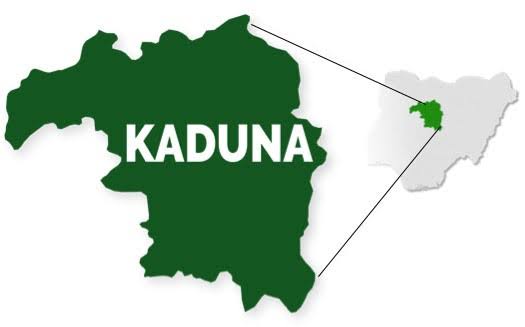After six years of displacement caused by relentless armed violence, more than 20,000 Gbagyi Christians are preparing to return to their anc
After six years of displacement caused by relentless armed violence, more than 20,000 Gbagyi Christians are preparing to return to their ancestral communities in Chikun and Birnin Gwari local government areas of Kaduna State, North West Nigeria.
Their bold decision follows a controversial amnesty programme introduced by Governor Uba Sani in November 2024, offering clemency to Fulani militia groups—popularly described as “bandits”—in exchange for promises to cease hostilities against Christian settlements.
In a recent reconnaissance mission organised by the Rumana and Environs Displaced Persons Development Association (REDPDA), journalists accompanied a convoy of internally displaced persons (IDPs) on a return assessment to several Gbagyi villages.
Travelling in a group of 14 motorcycles and guarded by local vigilantes wielding crude single-barrel shotguns, the convoy departed Kaduna city and turned off the Kaduna–Birnin Gwari expressway into thick bushland and derelict paths once home to thriving rural communities. Along the route, ghost villages stood as haunting reminders of the violence that emptied them.
The team’s first stop was Rumana Gbagyi—a once-thriving community now reduced to rubble and silence.
“This is my village,” said Caleb Nayaro, a 51-year-old senior civil servant with the Kaduna State Ministry of Works. “I haven’t set foot here since January 2020.”
Nayaro gestured toward the ruins—collapsed buildings, a looted school, churches stripped of their roofs, and the skeletal remains of a clinic that once served the area.
“We had everything: our farms, our livestock, and peace,” he said, his voice trembling. “Bandits took it all.”
Nayaro vividly recounted the morning Rumana fell: “They came from two directions—east and west—over a hundred motorcycles, each carrying two armed Fulani fighters. We fought back with hunting rifles and machetes just to give our women and children time to escape.” The Invasion was on January 6, 2020.
The villagers managed to evacuate many non-combatants, but 16 young defenders lost their lives in the clash.
“We buried them in haste, “he said. “But we also brought down seven of the attackers—I saw their bodies.”
In the days that followed, panic spread. Surrounding villages emptied as residents fled with only what they could carry.
The convoy proceeded to Malomo, another Gbagyi village left in ruins. There, Yakubu Sarki, 48, guided reporters to what used to be the community church—its charred walls now open to the sky.
“This was where we found strength,” he said. “After Rumana fell, we knew we were next. There was no option but to flee.”
Now, with months of reported calm and no new attacks, Sarki and others are ready to return.
“This rainy season, we go back,” he declared. “We must start again.”
Further along, at Hayin Damisa, 28-year-old Steven Isaac Yari, a biochemistry graduate from Kaduna State University, limped toward the group, supported by a stick.
“Jesus spared me to see this day,” he said quietly.
Captured in May 2024 by Fulani gunmen while attempting to visit his village, Yari was tortured and shot in the leg to prevent escape. He was held for weeks until his family paid ₦10 million in ransom in two installments.
“That’s why I limp,” he explained. “But I believe this is a new beginning. We will rebuild. By God’s grace, Hayin Damisa will rise again.”
Back in Gonin Gora, a suburb of Kaduna where thousands of Gbagyi IDPs have lived in makeshift conditions, former REDPDA chairman, Habila Sarkinoma offered perspective.
“Seventeen communities were emptied after the Rumana attack. Over 20,000 of our people have been scattered—living in churches, classrooms, and overcrowded homes.”
He described life in displacement as humiliating and undignified.
“We have no work, no food, no identity. We are treated like beggars. This is why we are returning—to reclaim our lives.”
Although wary of the amnesty’s effectiveness, Sarkinoma expressed a Christian conviction in divine justice.
“We trust God to change hearts. We are willing to forgive,




COMMENTS